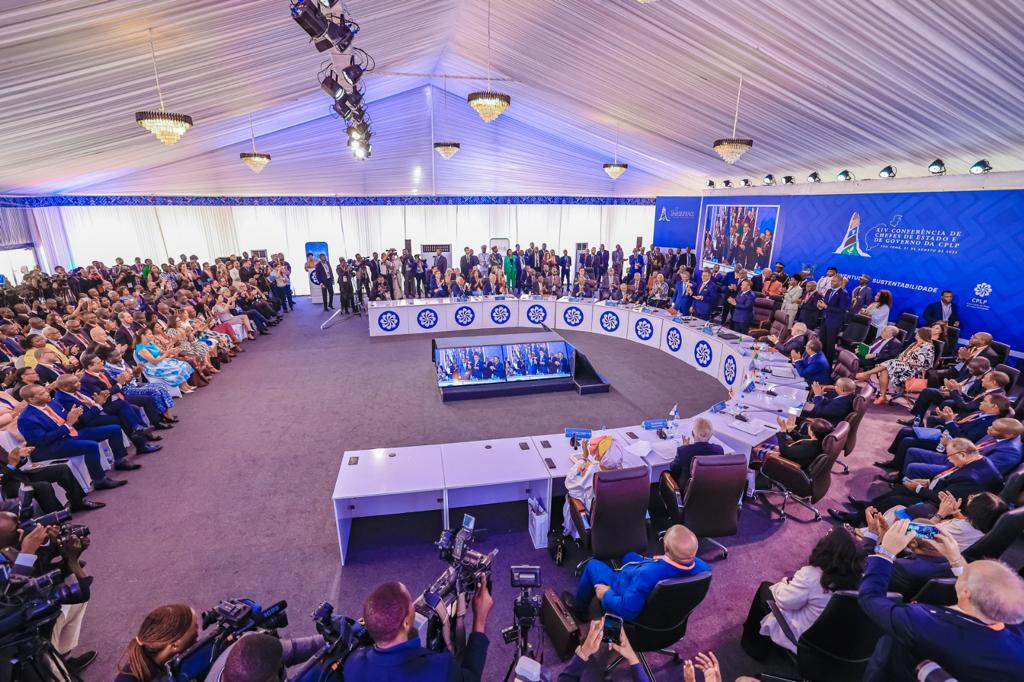
Published 28/08/2023 14:50 | Edited 8/28/2023 6:48 PM
The Community of Portuguese Language Countries (CPLP) reiterated this Sunday (27) its support for Brazil to occupy a permanent seat on the UN Security Council. Gathered in a conference, the Member States of the CPLP also defended that the African continent be represented.
Created in 1996, the CPLP is formed by nine countries: Angola, Brazil, Cape Verde, Guinea-Bissau, Equatorial Guinea, Mozambique, Portugal, São Tomé and Príncipe and East Timor. The community aims to facilitate integration and cooperation between these nations, both among themselves and to act together in other international instances.
This Sunday, President Luiz Inácio Lula da Silva participated in the 14th Conference of CPLP Heads of State and Government, in São Tomé and Príncipe. In the final declaration of the conference, the nine member countries insist on “the need to advance in the reform of the United Nations, in particular the Security Council, with a view to strengthening its representativeness, legitimacy and effectiveness, through the incorporation of new members. permanent and non-permanent jobs and the improvement of the respective working methods”.
In Angola, on Saturday, Lula had already defended a reform in the Council. “The 2023 UN is far from having the same credibility as the 1945 UN,” he said in Luanda. For Lula, the body that “should be the security of peace and tranquility” is precisely “the one that wages war without talking to anyone.”
“Russia goes to Ukraine without discussing it in the Security Council. The United States goes to Iraq without discussing it in the Security Council. France and England are going to invade Libya without going through the Security Council. In other words, who wages war, who produces weapons, who sells weapons are the countries of the Security Council. It is wrong”, he argued in Angola.
Learn more: Lula wants sustainability with a social, economic and environmental perspective
Read more: In Angola, Lula says that today’s UN does not have the same credibility as before
Source: vermelho.org.br

